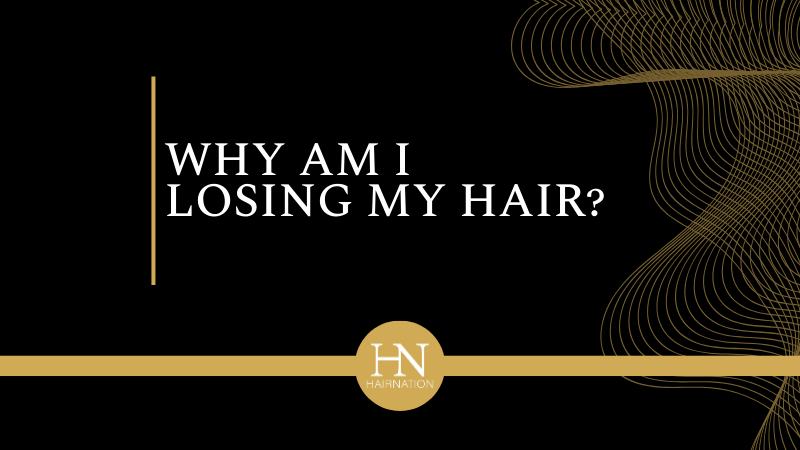- About
- Causes
- Procedures
- Treatments
- Before/Afters
- Pricing
- Transplant Financing
- FREE Consult
- Search Site

Hair loss, a condition affecting many, can stem from various factors including genetics, stress, nutritional deficiencies, and hormonal imbalances. Genetic predispositions, such as androgenetic alopecia, contribute significantly, leading to patterns of thinning and baldness. Stress can disrupt the hair growth cycle, causing temporary shedding known as telogen effluvium. Nutrient-poor diets impact hair health, with deficiencies in vitamins and minerals like iron and vitamin D playing a crucial role. Hormonal changes, from thyroid disorders to PCOS, also affect hair density and growth. Understanding these causes offers a pathway to managing hair loss, emphasizing the importance of a supportive approach, lifestyle adjustments, and seeking appropriate treatments to navigate this challenge with confidence and grace.
Losing your hair can feel like losing a part of your identity. It's a change that can creep up slowly or happen almost overnight, leaving you feeling confused, concerned, and perhaps a little vulnerable. Hair loss, or alopecia, is a condition that doesn't discriminate; it affects individuals of all ages, genders, and backgrounds. But what's important to remember is that you're not alone. Millions of people worldwide navigate this challenge, and understanding the reasons behind hair loss can be the first step toward managing it. Let's explore some of the primary factors contributing to hair loss in a compassionate and empathetic manner.
Yes, high stress levels can lead to a condition called telogen effluvium, where hair prematurely enters the resting phase and falls out. This type of hair loss is usually temporary, and reducing stress can help reverse the condition.
If you're experiencing hair loss alongside symptoms like fatigue, brittle nails, or pale skin, it might be due to nutritional deficiencies. A blood test can confirm if you lack essential nutrients like iron, vitamin D, or zinc.
In some cases, yes. Hair loss can be a symptom of underlying health conditions such as autoimmune diseases, infections, or severe nutritional deficiencies. It's important to consult a healthcare provider for a proper diagnosis.
Hair loss is not something you have to accept. Effective and lasting solutions for hair loss for men and women are available. Through a comprehensive consultation, HairNation delivers accurate and insightful diagnosis and advanced hair restoration treatment strategies to guide you on your journey to complete and transformative hair restoration.
Contact us today by filling out the contact form below or by calling us at 1 (587) 952-8844. Complimentary virtual consultations are available for those inquiring about hair transplants, and for all other hair loss inquiries, complimentary in-person consultations are available.
HAIR TRANSPLANT CALGARY | HAIR LOSS CALGARY | WHY AM I LOSING MY HAIR? | HAIR LOSS CAUSES